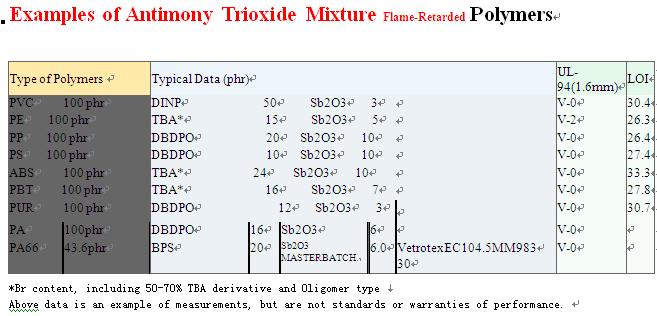Mainland resources stocks, with the exception of gold-mining firms, slumped by 10 to 20 per cent this week as a result of investor jitters over the expected launch of a tax on resources and other measures by the government.
Hunan Nonferrous Metals Corp, the country's largest zinc and antimony producer by output, suffered one of the biggest losses, its shares slumping 19.31 per cent this week to HK$6.39 yesterday from last Friday's close of HK$7.92.
PetroChina plunged 18.37 per cent this week, closing at HK$16, while its Shanghai-traded A shares, which debuted on Monday, fell 13.1 per cent over the past three days to 38.19 yuan yesterday as investors locked in profit from first-day gains.
Jiangxi Copper, the country's largest integrated copper producer, fell 7.88 per cent yesterday to HK$21.05, extending this week's loss to 16.1 per cent.
Gold-related stocks were the only exception because the precious metal is viewed by many investors as a safe haven against the weakening US dollar.
Zhaojin Mining Industry rose 8.3 per cent this week to HK$40 yesterday, while Zijin Mining Group gained 1.4 per cent to HK$13.12.
The correction in the broader market was prompted by investors taking profit from the surge in resources stocks over recent months, said Tung Tai Securities associate director Kenny Tang Sing-hing.
The anticipated introduction of a resources tax would only have a short-term impact on Hong Kong-listed mainland resources companies, Mr Tang said.
"In the short term, it [the new tax] will increase their costs. But over the long term, as most of them are major players in the field, I think they'll benefit from industry consolidation as smaller players are eliminated amid rising costs," he said.
Beijing is reportedly considering adjusting a resources tax to prevent disorderly, wasteful and environmentally damaging exploitation, particularly by small miners.
Media reports said that authorities were preparing to double taxes on mineral resources, which would be accompanied by a long-awaited change from a volume-based to a price-based tax system.
The government has taken a series of measures, including the cancellation of processing trade and export-tax rebates, and a rise in export duties in an effort to preserve mineral resources and reduce pollution.
On Wednesday, Beijing said it would ban foreign companies from investing in mining or exploring for rare or strategic non-renewable mineral resources.
"A continued cost push is evident in China as higher raw material prices, staff wages and government-related fees erode margins. This is set to persist, given the structurally low base of labour and power costs, and reliance on third-party materials," said Andrew Driscoll and Xiao Li, analysts at CLSA.
Overall, analysts said resources stocks could continue to enjoy an up-cycle in the medium- to long-term.
CLSA favours upstream miners, such as China Coal Energy, Zhaojin and Aluminum Corp of China, over less self-sufficient companies, such as Lingbao Gold and Jiangxi Copper. – South China Morning Post








0 comment:
Post a Comment